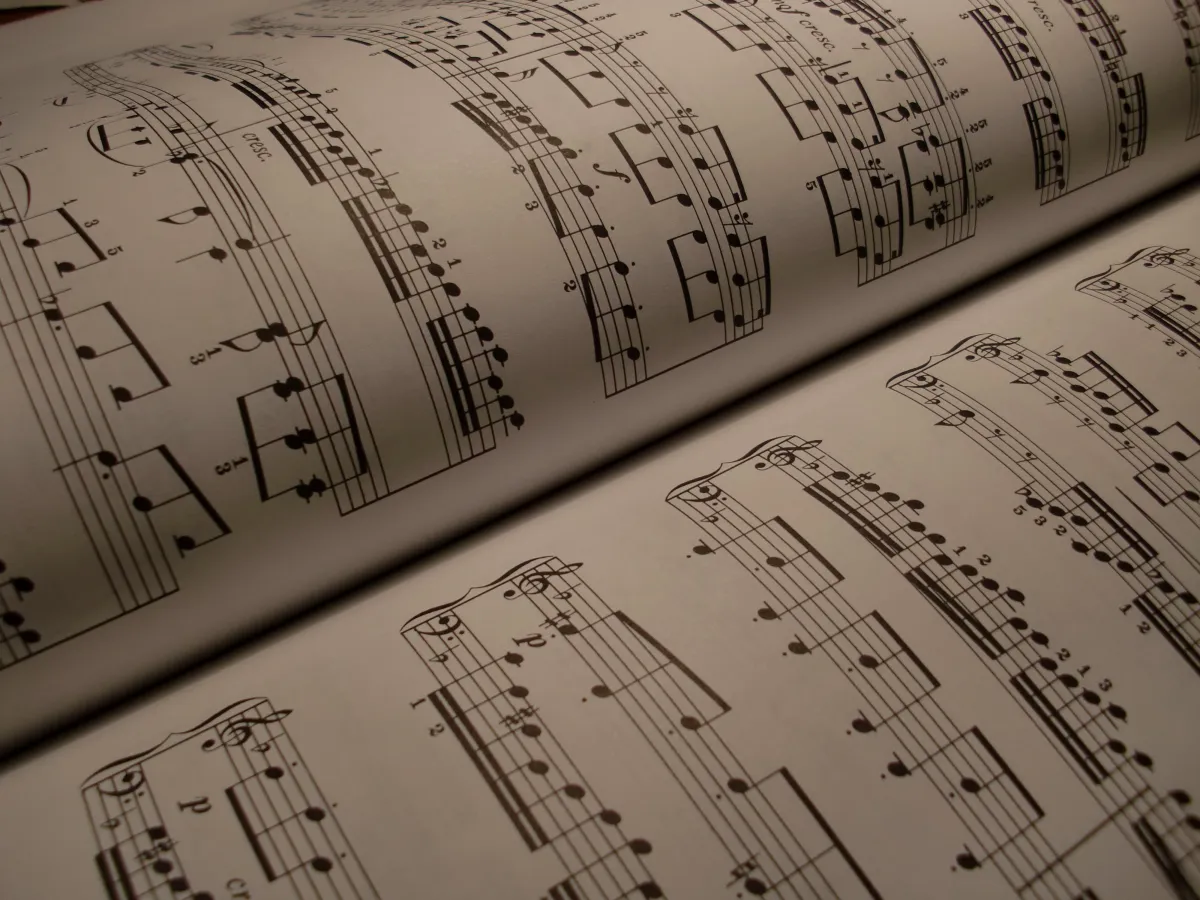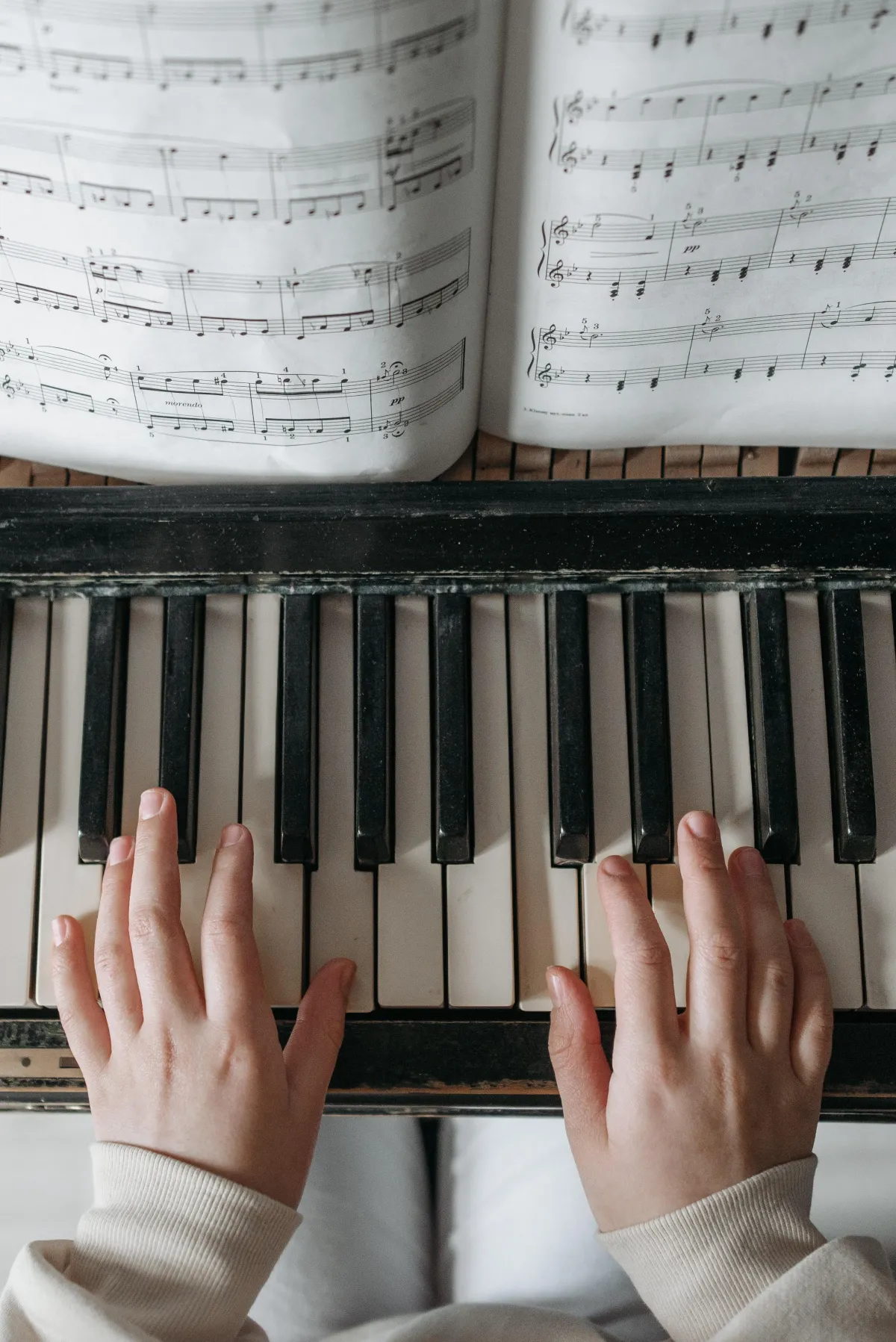Personalized Music Lessons for Rapid Progress.
With my expert guidance, you'll enjoy faster learning, more confidence, and real improvement in your music journey.
Consistent Progress
Empowered Learning
Creative Expression

Did You Know? 85% of Beginners Quit Before They Make Real Progress.
Don’t become a statistic—get the guidance you need to succeed.
It’s frustrating when you put in the effort but still struggle to learn a new song. Repeating the same mistakes in practice can make you question your abilities. Over time, you might even start avoiding practice because it feels pointless.
These symptoms all add up to a bigger pain: feeling stuck, discouraged, and disconnected from the music you love. When this happens, it’s easy to lose the joy and passion that brought you to music in the first place.
You shouldn’t have to feel stuck or doubtful on your musical journey—because you deserve to make real progress and truly enjoy the process of learning and playing music.
I'm Daniel Coe and I Help Aspiring Musicians Learn Faster and Play Better.
Whether you’re just starting out or looking to improve, I’m here to guide you.
I know how disheartening it can be to put in the effort and still feel stuck. Whether you’re struggling with a tricky piece, repeating the same mistakes, or feeling disconnected from your music, I understand the frustration, and I’m here to guide you to a place of confidence and progress.
With advanced degrees in music and years of professional experience both teaching and making music in the entertainment industry, I’ve successfully guided hundreds of students to unlock their full musical potential.
And I can do the same for you.

What Others Have To Say…

Victoria L.
“Daniel is a fun, caring, and dedicated teacher who works well with children. He approaches teaching from a comprehensive perspective. I would highly recommend him!”

Polly L.
"Daniel lets our son focus on the types of music in which he is most interested, and that has resulted a newfound passion for the piano. He now practices every day without us reminding him to!"

Gayathri C.
“Mr. Daniel Coe is excellent. He is organized, patient, and really good with working with younger kids. He includes a bit of music theory during a regular class as well, making the understanding stronger.”




The Unique Benefits You’ll Gain by Learning with Me

Confident Mastery
With personalized lessons, you’ll master your instrument with confidence, giving you a deep sense of accomplishment and pride in your musical abilities.

Skillful Freedom
With expert instruction, you’ll play with skill and ease, allowing you the freedom to express yourself through music anytime, anywhere.

Intuitive Musical Ear
Through focused ear training, you’ll develop a keen musical ear, enabling you to recognize and understand music intuitively, which enhances your overall musicianship.
My Musical Success Method


Step 1: Book Your Free Trial
Take the first step by booking your free trial lesson and get started with personalized attention.

Step 2: Get Expert Guidance
In your trial lesson, we’ll assess your skills and outline a tailored plan, giving you clarity on your musical path.

Step 3: Build Confidence & Mastery
Follow your personalized plan to build confidence, master key techniques, and start enjoying real progress in your music.
Here's What You Can Expect…
Piano Lessons
Master the piano with confidence, achieving a sense of accomplishment and pride in your musical abilities.
Guitar Lessons
Play guitar with skill and ease, enjoying the freedom to express yourself through music anytime, anywhere.
Ear Training
Develop a keen musical ear, gaining the ability to recognize and understand music intuitively, enhancing your overall musicianship.
Music Theory and Composition Lessons
Create and understand complex music, unlocking the power to compose original pieces and deepening your connection to music.
Technical Development
Perfect your technique for flawless performance, experiencing the joy of playing music effortlessly, with precision and artistry.
Creative Performance
Express yourself artistically on stage, sharing your unique musical voice with others and creating memorable performances.
Reading Music
Read sheet music with ease, accessing a vast world of musical repertoire, empowering you to play any piece you desire.
Playing Music by Ear
Play your favorite songs without sheet music, enjoying the spontaneity and freedom to play music anywhere, anytime.
Can't Find Sheet Music to Learn Your Favorite Songs? Just Make Your Own!
Sheet music for this famous theme from Ghostbusters didn't exist commercially, so I listened to it and notated it.
You can do this too—it just takes patience and practice.
Learn a Variety of Styles
Learning starts with listening.
Listen to these jazz piano pieces by Carl Strommen—let me know if you'd like to learn any of them!

